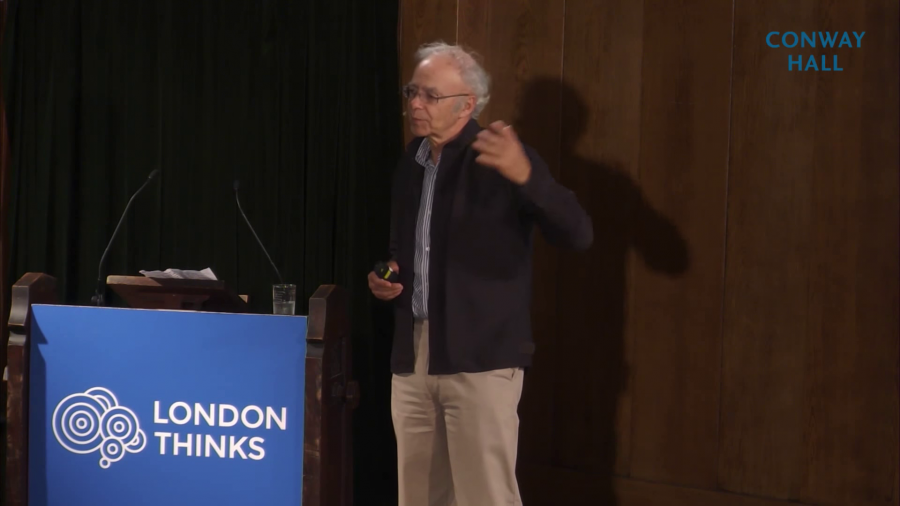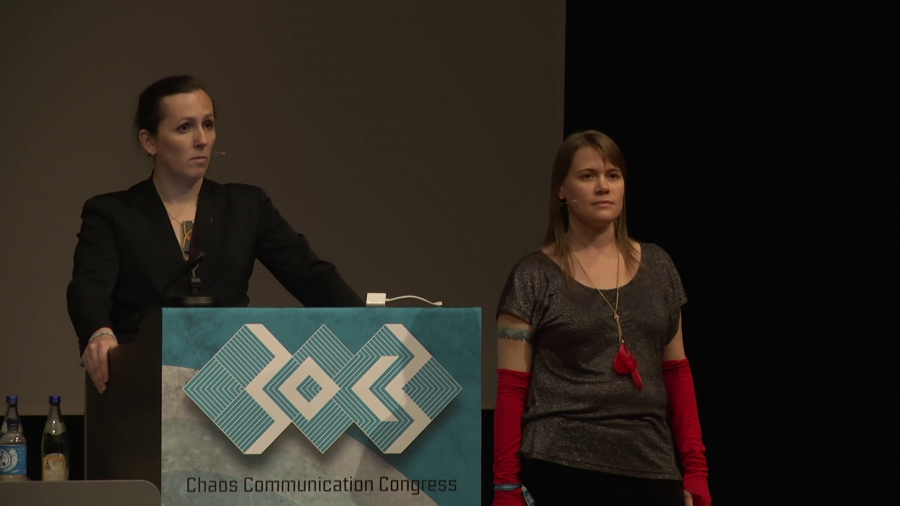I like to think that we are an intelligent species. I mean, actually the people that often get this most quickly are the people who are poorest, because they know the system doesn’t work. But so many of our supposedly brightest people pick this up and don’t question it. And then we have the all the whole field of economics, which is an ideology built on assumptions that if you examine them are absurd. Because you know, economists simply look at the economy as a pricing system. They’re not system thinkers. Part of the cause our crisis is that we’re not educated to think in terms of systems.
Archive (Page 3 of 3)
What’s key…is that we all need to work together. There’s no way for all of us to know about each other. We’re in that part of this new way of being that there’s too many players. It’s too chaotic. There is no center, there is no hub. But we need to find ways to work together, and to lose the idea that any one of us is the solution. Because if any one of us were the solution, we wouldn’t be where we are now.
What has redeemed the faith community throughout the centuries of history has been that there has always been a sector of the faith that has not sold out, that has recalled the genuine moral and ethical values of that faith and its tradition, and has renewed that, and therefore moved the agenda into the future, that is moral and ethical and just.

Unfortunately at the moment I think typically philanthropy is not being used very effectively, and that’s partly because of the kind of non-judgmental attitude that philanthropy advisors and people generally have about philanthropy.

Geek culture and hacker culture used to be relatively apolitical, but now every action that you take and every piece of code that you write has political effects. You may may intend some of these effects, you may not intend most of these effects, but they’re there and we need to start thinking about and understanding these changes.
